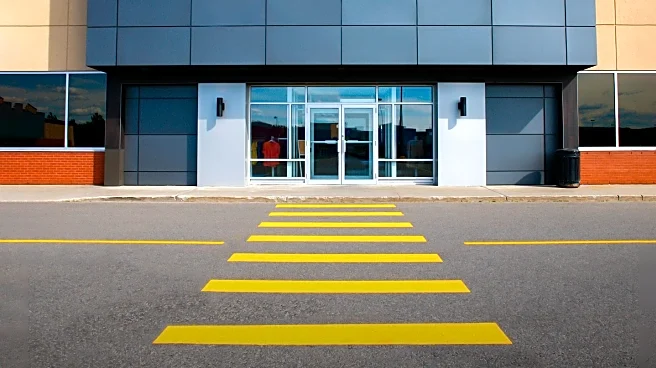What's Happening?
Good Samaritan Hospital in Central Valley, California, is partnering with EIR Healthcare to construct two modular community clinics using state funding. The clinics, designed to serve 3,500 people annually, will provide integrated medical, behavioral
health, and substance use services. Modular construction, which involves factory-built components assembled on-site, offers faster and more cost-effective solutions compared to traditional methods. This approach addresses challenges in rural healthcare development, such as extended timelines and limited skilled labor, and is seen as a model for expanding services in underserved areas.
Why It's Important?
The use of modular construction in healthcare represents a significant innovation in addressing the needs of rural and underserved communities. By reducing construction time and costs, this method can rapidly expand access to essential health services, particularly in areas with limited infrastructure. The initiative supports broader public health goals by improving healthcare accessibility and addressing social determinants of health. As modular construction gains traction, it could transform healthcare delivery models, making comprehensive care more accessible and efficient across the U.S.
What's Next?
The clinics are expected to be operational by 2026, with potential for similar projects to be deployed across rural America. The success of this initiative may encourage other healthcare providers to adopt modular construction, potentially leading to policy changes that support innovative building methods in healthcare. Stakeholders, including state governments and healthcare organizations, may explore further investments in modular infrastructure to enhance service delivery in underserved regions.

















